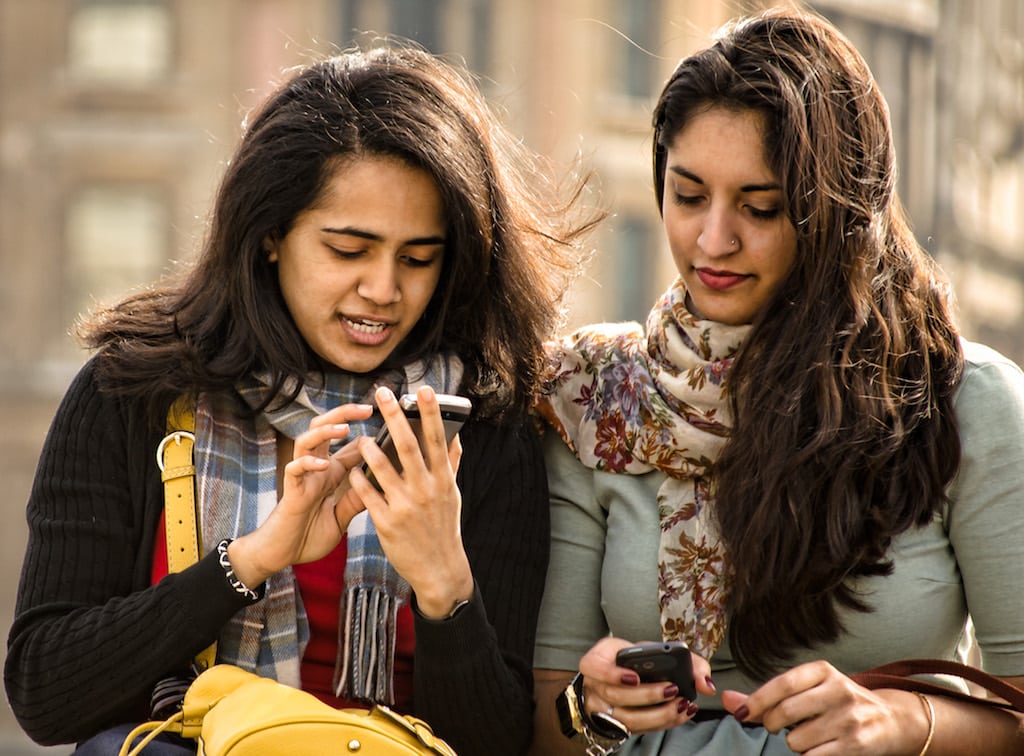Millennials Are Now the Most Frequent Business Travelers

Skift Take
Travel brands need to start paying attention to how younger travelers book travel, especially in business travel. Companies will have a new set of challenges to face, especially if airline or hotel loyalty programs and other perks are less important than local experiences or brand identity.
Young employees are traveling for business more than ever before, according to a new report, and their buying habits are completely different than their older peers.
This may not be a surprise considering the rise of young employees in the U.S. workforce, but travel companies need to pay attention to how the behavior of millennials is totally different than that of older travelers.
In June, the Portrait of Business Travelers from MMGY Global report asked 1,007 business travelers (who took at least one trip in the last year and expect to take at least one trip in the next year) about their business travel habits and expectations. You can purchase the report here.
On average, business travelers took 6.8 trips in the last year, a number which is expected to increase to 7.4 over the following year. Millennials took 7.4 business trips in the last year, compared to 6.4 for Gen Xers and 6.3 for baby boomers.
While this is good news for the business travel ecosystem overall, there is one surprising problem: millennials, who travel the most, report that tra
